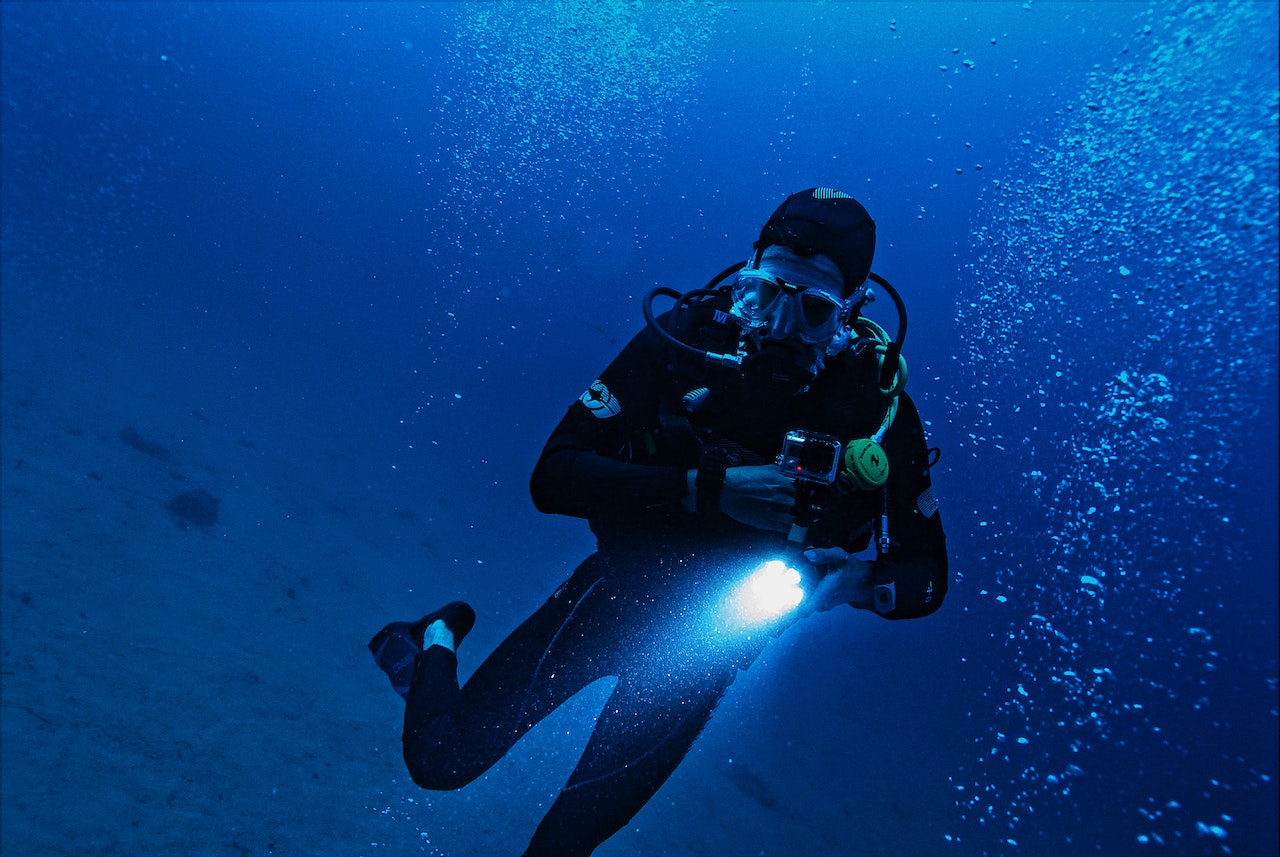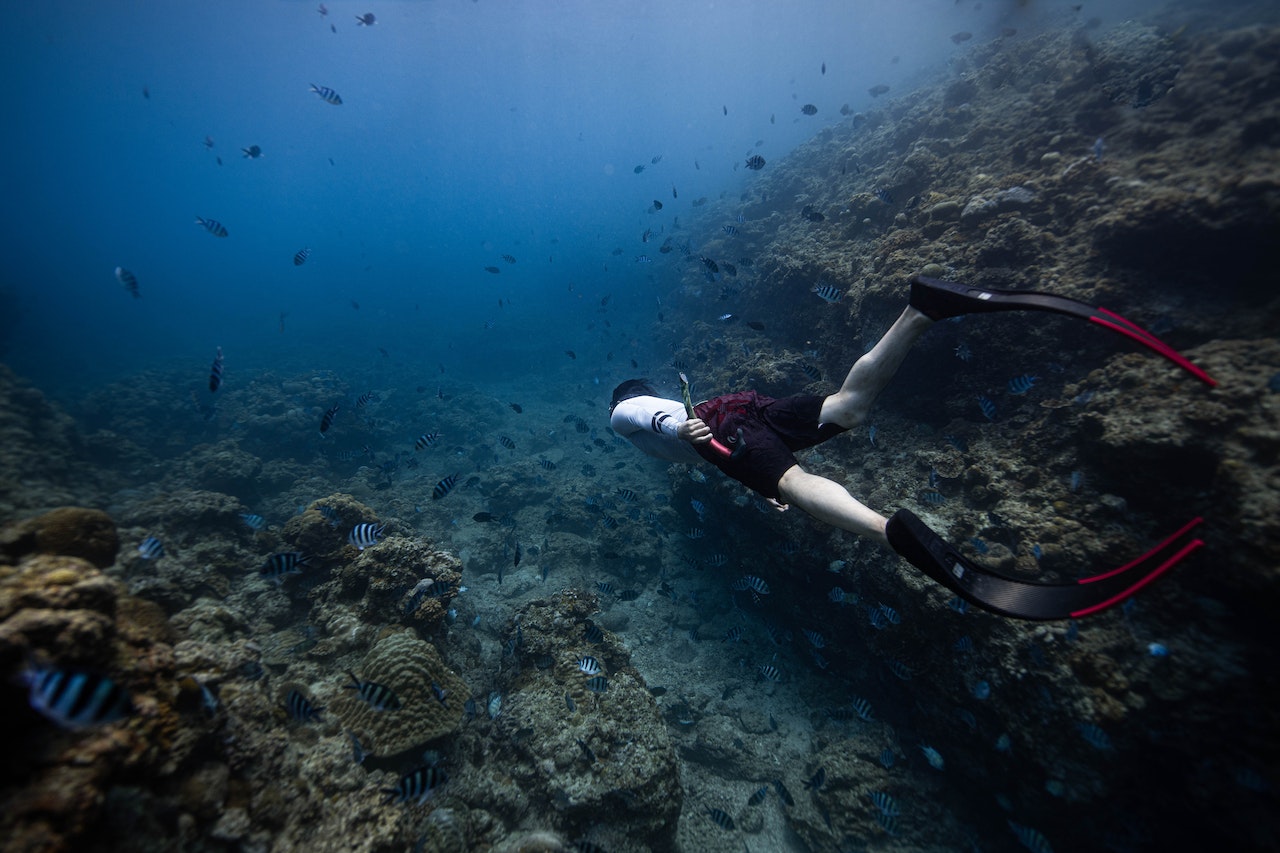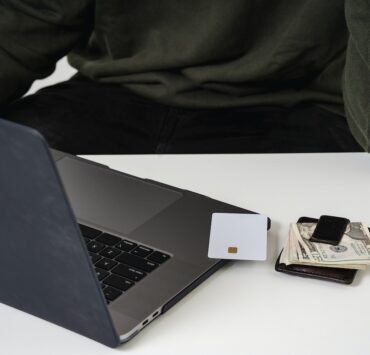Can I Scuba Dive If I Can’t Pop My Ears? Some Tips to Overcome This Issue!

Can I Scuba Dive If I Can’t Pop My Ears
If you’re wondering, “Can I scuba dive if I can’t pop my ears?” the answer is not a simple yes or no. Being able to equalize your ears is crucial for safe and comfortable diving, as it helps alleviate the pressure changes that occur underwater. However, there are potential solutions and precautions you can take to still enjoy the wonders of scuba diving.
One option is to consult with an ear, nose, and throat specialist or a diving medical professional. They can assess your condition and provide guidance on whether it’s safe for you to dive. In some cases, they may recommend techniques such as Valsalva maneuver or Toynbee maneuver to help equalize the pressure in your ears.
Understanding the Importance of Equalizing Ear Pressure
Common Causes of Ear Pressure Imbalance
When it comes to scuba diving, equalizing ear pressure is crucial for a safe and enjoyable experience. Many divers wonder, “Can I scuba dive if I can’t pop my ears?” The answer lies in understanding the causes of ear pressure imbalance.
One common cause is the change in pressure as you descend deeper into the water. As you go underwater, the surrounding water exerts more pressure on your body, including your ears. If you’re unable to equalize this pressure, you may experience discomfort or even pain in your ears.
Another cause can be congestion or blockage in your Eustachian tubes. These small passageways connect the middle ear to the back of your throat and are responsible for regulating air pressure in your ears. If they become blocked due to allergies, colds, or sinus issues, it becomes challenging to equalize ear pressure effectively.
Effects of Unequalized Ear Pressure on Scuba Diving
Failing to equalize ear pressure while scuba diving can have various consequences that may affect both your comfort and safety underwater. Firstly, unequalized ear pressure can result in barotrauma—an injury caused by a significant difference between internal and external pressures. Barotrauma can lead to eardrum damage or even ruptures, which are not only painful but also require medical attention.
Moreover, unequalized ear pressure can impair your ability to hear properly underwater since it affects how sound waves travel through your ears. This reduced hearing capability could potentially prevent you from communicating with fellow divers or responding adequately to any emergency signals.

Tips and Techniques to Equalize Ear Pressure While Diving
Fortunately, there are several techniques you can employ to equalize ear pressure while scuba diving:
- Valsalva Maneuver: Pinch your nose shut and gently blow through it while keeping your mouth closed. This technique helps open the Eustachian tubes and equalize pressure.
- Toynbee Maneuver: Pinch your nose shut, swallow, and then try to hum or swallow again. This combination of actions can help regulate pressure in your ears.
- Frenzel Maneuver: Slightly pinch your nose shut, close off the back of your throat by making a “k” sound, and then attempt to swallow simultaneously. This maneuver is particularly effective for advanced divers or those experiencing difficulty with other techniques.
Remember that everyone’s anatomy is different, so finding the most effective technique may require some trial and error. It’s important to practice these techniques before diving to ensure you’re comfortable with them.
By understanding the causes of ear pressure imbalance, recognizing the effects of unequalized ear pressure on diving, and practicing proper equalization techniques like the Valsalva, Toynbee, or Frenzel maneuvers, you can confidently answer the question: “Can I scuba dive if I can’t pop my ears?” Yes! With proper preparation and technique, you can enjoy a safe and rewarding scuba diving experience even if you struggle with equalizing ear pressure. So go ahead and explore the wonders beneath the waves!
Conclusion
In conclusion, the ability to equalize pressure in your ears is crucial for safe and comfortable scuba diving. If you are unable to pop your ears due to a medical condition or any other reason, it is recommended that you refrain from scuba diving. The inability to equalize can lead to discomfort, pain, and potential injuries such as eardrum rupture.
Remember that safety should always be a priority when participating in any water-related activity. It’s essential to listen to your body and make responsible decisions based on your personal circumstances and limitations.
What's Your Reaction?
Deepak is a lover of nature and all things sporty. He loves to spend time outdoors, surrounded by the beauty of the natural world. Whether he's hiking, biking, or camping, Deepak enjoys being active and in touch with nature. He also loves to compete and push himself to his limits. Deepak is an avid cyclist, runner, and swimmer. He has competed in several triathlons and marathons, and is always looking for new challenges to take on.



